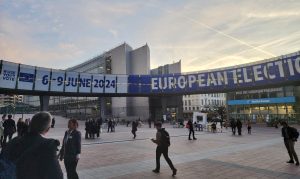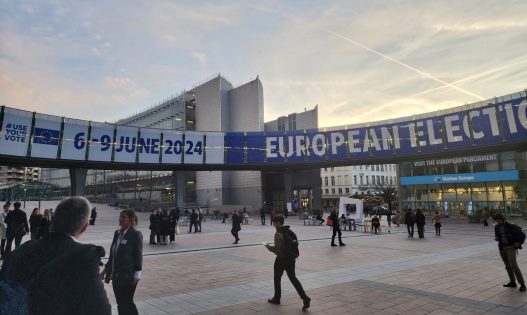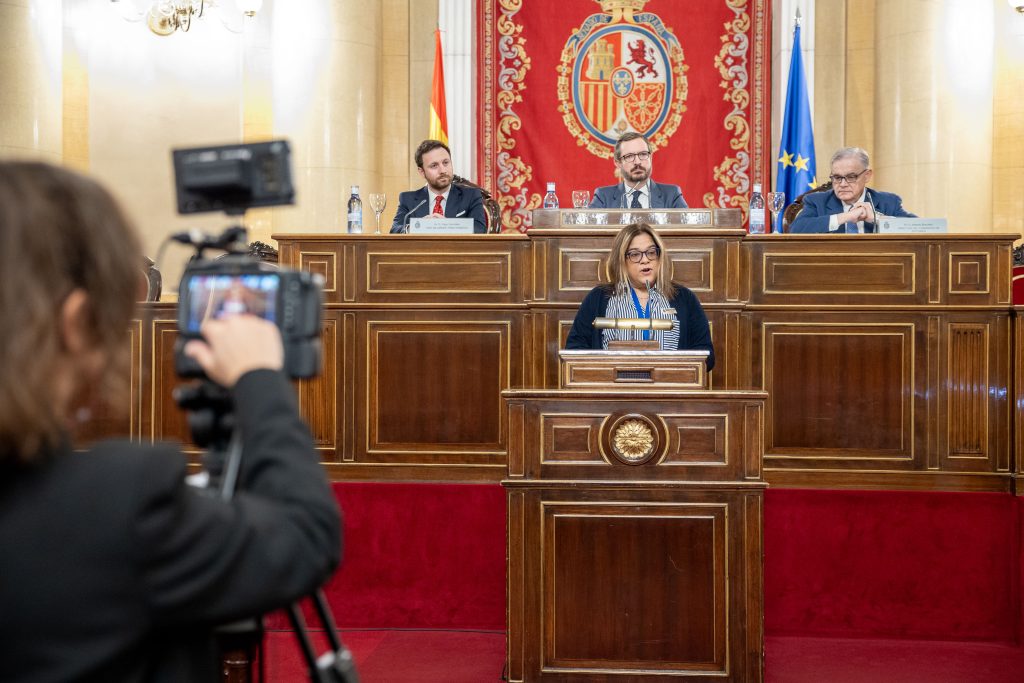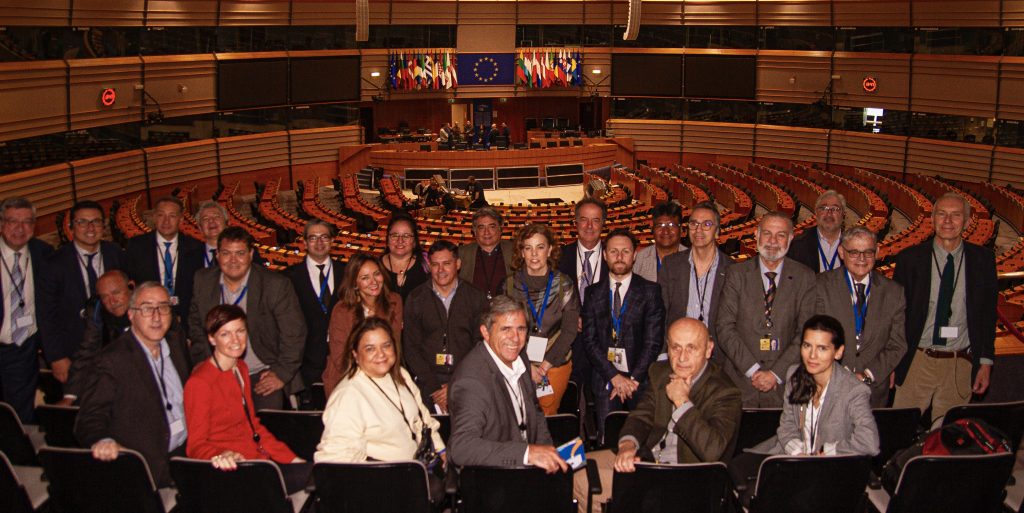
'IN EUROPE THERE IS A SENSE THAT THE WELFARE MODEL HAS COME TO AN END'
Cheap security provided by NATO-US; cheap energy provided by Russia; cheap trade goods, provided by China. What happens when those key elements of the European way of life become uncertain? The effect is to create a sense that the European welfare model is coming to an end.
That is the view of Javi Lopez, president of the European Parliament’s Delegation to the Euro-Latin American Parliamentary Assembly. This is what he said in one of the talks held on the third day of the Congress of Media Editors of Europe, Latin America and the Caribbean.
The session with López took place this Wednesday, March 20, in Brussels, where the congressmen went, after having met in Madrid for the first two days.
Lopez stressed that the situation Europe is going through forces it to rethink its welfare model and that Latin America is important in this reconstruction.
NEW PRIORITIES
The Union had proposed to lead actions to curb climate change and to make appropriate use of technological advances. However, explained López, it must now also reconsider three aspects.
The first is to take charge of its own security. Europe was assumed to be a zone of peace, where there could no longer be military confrontations; but the war between Russia and Ukraine has brought back the shadow of large-scale armed conflict. To deal with such a situation, the EU is now dependent on NATO, whose action may change if the political and social connections of the U.S., the mainstay of this protective force, change. “We must take charge of our security,” considered Lopez.
The new Legislature will have to debate on how to face this challenge, with which resources, with which organizations. One of the crucial elements in that aspect will be to agree or not to speed up the accession processes of more countries to the Union, which also want to feel protected against the fear of possible Russian advances. These include Ukraine itself and Moldova.
Perhaps what the EU had to face during the pandemic, when it realized that it did not have a strong common health system to efficiently face the needs that arose, from the provision of masks to the creation and distribution of vaccines, could serve as a general experience. This has led to the creation of a new European institutional framework that seeks to better coordinate efforts for prevention and response in the field of public health.
ENERGY: LOOKING TO THE AMERICAS
One of the consequences of the war in Ukraine was the energy crisis, given the Union’s great dependence on Russia. After the European elections that will take place between June 6 and 9 this year, the executive and parliamentary authorities will have to decide on how to move towards the energy transition.
In this matter, Latin America is essential because of its natural resources. But how can harmonious agreements be reached that consider Latin America as more than just a supplier of primary resources? The answer is difficult given the lack of a solid institutional framework in Latin American countries. The Community of Latin American and Caribbean States, CELAC, is the organization with which the EU has been working to reach agreements. However, the CELAC countries have not yet consolidated solid common positions on issues that are part of the global strategic game. Nor does it have an institutional framework that is the counterpart of the European organizations.
Nevertheless, Lopez believes that it is necessary to follow up on the minimum agreements reached at the most recent CELAC-EU Summit, which took place in July last year.
Also, according to López, Europe must recover its strategic industry and stop being dependent on other countries exporting industrialized products, especially China.
NOT ABANDONING THE WELFARE STATE
López said that, although it is felt that the welfare model is disappearing, Europe should not move away from the welfare state. For him, the need for the role of the state to regulate and coordinate actions to face issues such as pandemics and the defense of its borders has been felt again in Europe.
Lopez was pleased with the achievements of the current Legislature, such as the green pact, which not only has to do with the regulation of polluting gas emissions, but also with regulations on housing, energy and trade.
He also highlighted the regulation -a pioneer in the world- on Artificial Intelligence.
Regarding the Summit between the EU and CELAC, he highlighted the importance of the fact that the meetings between the heads of state of Europe and Latin America have been resumed, after eight years of inactivity. However, the strongest challenge is that CELAC lacks institutionality, spokespersons, valid interlocutors and organizations to make relations with Europe viable.
THE CONGRESS
The VII Congress of Media Editors of the European Union, Latin America and the Caribbean is an event organized by Grupo Prestomedia with the support of EditoRed, the Commission and the European Parliament, Telefónica, Iberia and the Community of Madrid, as well as the collaboration of Universidad Rey Juan Carlos, Turismo de Galicia and Casa de América, and with Prensamedia as editorial partner.
————
This text is free to use. If you use it, please cite EditoRed.



